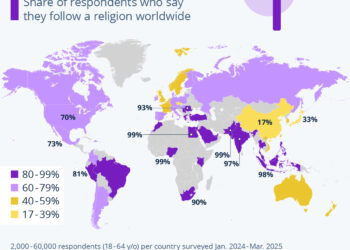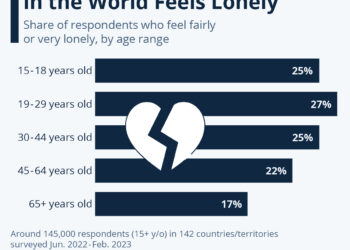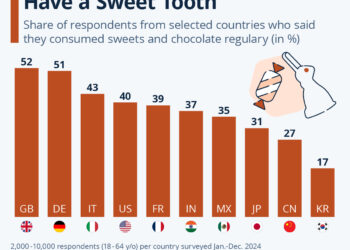Select Language:
The Importance of Remembering the Holocaust: A Forgotten History
Commemoration of Auschwitz Liberation
January 27, 2025, marks 80 years since the Red Army liberated Auschwitz, one of the most notorious concentration and extermination camps operated by the Nazis during World War II. The events that transpired within the walls of Auschwitz encapsulate the horrors of the Holocaust, where an estimated one million Jews met their tragic fate. In addition to Auschwitz, extermination camps such as Bełzec, Sobibór, and Treblinka collectively claimed an estimated 1.6 to 1.8 million lives. Other horrific figures include 152,000 lives lost in Chełmno and up to 80,000 in the Lublin-Majdanek camp. These statistics not only highlight the scale of loss but also the necessity of keeping the memory of these atrocities alive for future generations.
The Erosion of Memory: A Disturbing Trend
Despite the significance of these historical events, a troubling trend has emerged regarding public awareness. A recent survey conducted by the Conference on Jewish Material Claims Against Germany revealed that nearly half (48 percent) of American adults cannot name a single concentration camp. This statistic raises serious concerns about the collective memory of the Holocaust and serves as a somber reminder of the fading awareness of such a significant part of human history.
Comparison of Awareness: United States vs. Europe
European Perspective
In Europe, the awareness of concentration camps tends to be significantly higher, particularly in countries that were directly affected by Nazi occupation. For instance, in Germany, Austria, Poland, and Hungary, the percentage of individuals who could not name a concentration camp ranges from only 7 to 18 percent. This higher awareness may stem from the cultural and educational emphasis placed on the remembrance of these historical events. In Poland, where most of the extermination camps were located, the memory remains particularly vivid among the population.
Disheartening Trends Among Young Adults
Despite this awareness in Europe, there exists a worrisome trend among younger adults. In Germany and Hungary, about 26 percent of individuals aged 18-29 are unable to name a concentration camp. This reflects a generational gap in knowledge that may stem from educational differences or a lack of emphasis on Holocaust education. Similarly, in countries like the United Kingdom, France, and Romania, approximately a quarter of adults are unable to identify a concentration camp, with concerning statistics indicating that more than half of Romanian young adults are unaware of such pivotal historical knowledge.
The Impact of Education on Memory
The fading memory of the Holocaust raises significant questions about the role of education in preserving historical truths. Educational frameworks in various countries play a crucial role in how younger generations perceive and understand the Holocaust. The variability in awareness can often point to the effectiveness of Holocaust education programs and the methodologies employed to teach this subject matter.
Importance of Holocaust Education
Properly structured Holocaust education can counter ignorance and foster a sense of empathy and understanding among students. Incorporating survivor testimonies, historical documents, and field trips to memorial sites can dramatically enhance learning experiences. Engaging students in discussions about prejudice, discrimination, and human rights issues can create a more informed citizenry that values the lessons of history.
The Role of Memorials and Museums
Memorials and museums dedicated to Holocaust remembrance play a pivotal role in educating the public and ensuring that such atrocities are never forgotten. By preserving artifacts, personal stories, and comprehensive exhibits, these institutions help to maintain a tangible connection to the past. They serve as important educational resources and are crucial for fostering awareness and understanding about the Holocaust, not just for future generations but for today’s society as well.
The Need for Continued Dialogue
In light of the worrying statistics regarding the awareness of concentration camps, it is clear that continued dialogue about the Holocaust is essential. Public discussions, educational initiatives, and community events can help keep the memory alive. Engaging various demographics, especially young people, in conversations about these historical events invites opportunity for fascination, inquiry, and ultimately, remembrance.
Regardless of geographical differences in awareness, recognizing the necessity of education, remembrance, and dialogue about the Holocaust is vital. As we reflect on events like the liberation of Auschwitz, we must also consider our responsibility in ensuring that the lessons of the past are learned and passed on to future generations.







